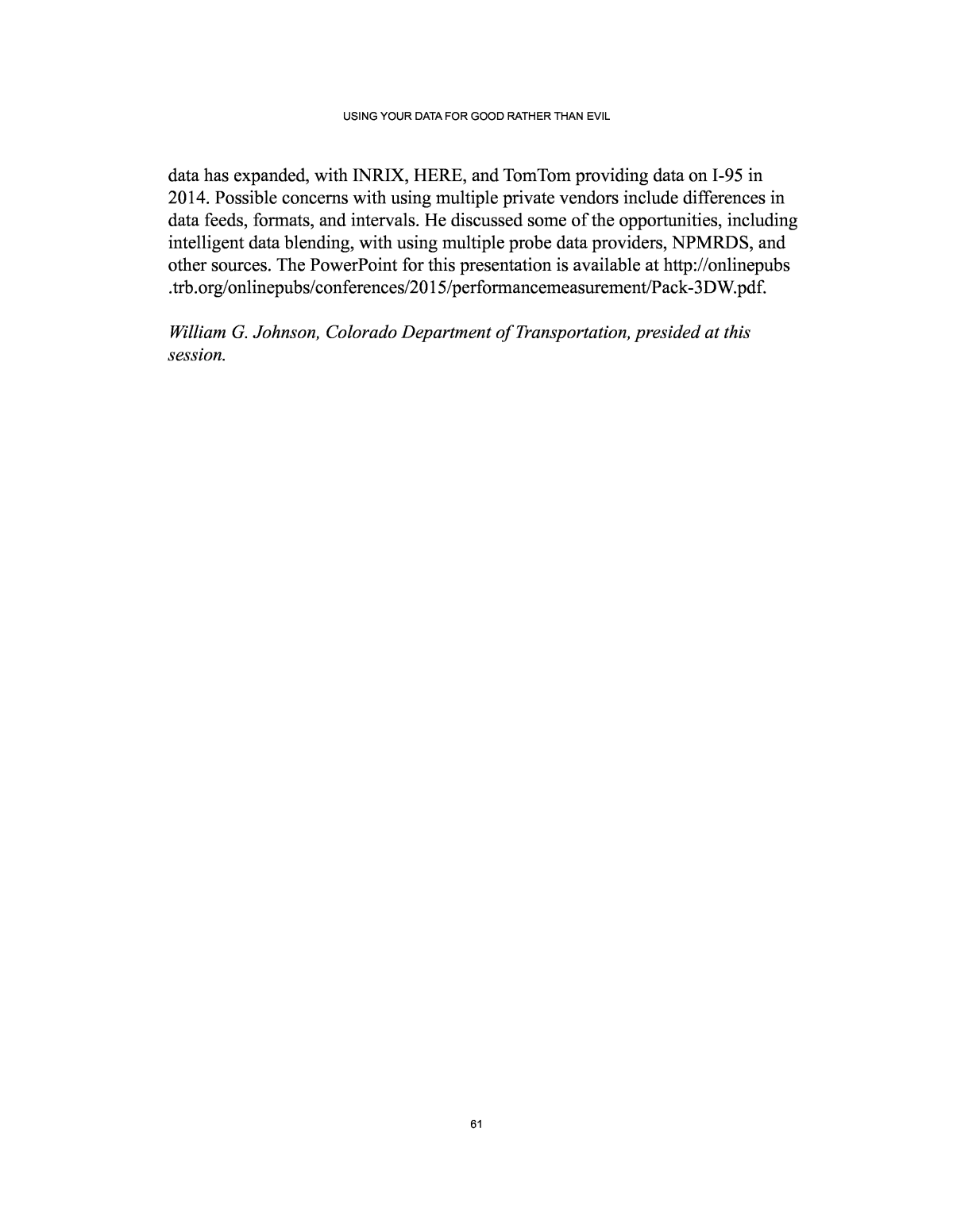Book Preface When I first began thinking and writing about computer ethics, I often found myself taking on the role of someone who counters hype. At the time, there seemed to be a good deal of hype about how computers were going to revolutionize the world. Of course, there were some thoughtful treatments of the potential of computers to transform the world as we know it and some intriguing and deep accounts of the social changes that seemed to be underway. My job—so it seemed—was to sort out the hype from the serious analyses. Keygen Phpmaker. One of my strategies was to identify and emphasize that which remained the same—aspects of society that were unaffected or being reinforced and solidified. As I reflect back on that time and what has happened since, it does seem that some pretty dramatic changes have occurred.
And the challenge of sorting out the significant changes from those that are superficial is all the more daunting. Changes of many different kinds have occurred and these changes have been influenced by many factors, only one of which is the development and widespread use of computers, information technology, and the Internet. As argued in Chapter 1, we should be careful not to think that the forces of change have been in only one direction. Computers and information technology have shaped the world of today but social, political, economic, and cultural conditions have also shaped the development of computers, information technology, and the Internet. This edition of Computer Ethics attempts to take into account the complex, multidirectional relationship between technology and society. Computers and information technology are now so fundamental to the information societies that many of us live in, that the exercise of trying to identify a domain of life in which information technology does not play a role is both enlightening and challenging.

These questions and the chapter conclusion come from the book 'Computer Ethics' 3rd edition by Deborah G. The conclusion and questions come from this book, but the answers are what m3cats found in the text of that book. Computer Ethics has 48 ratings and 4 reviews. In-depth analysis of the ethical implications of widespread use of computer. Adjustment Program Epson L382 more.
We tried with this new edition to rethink the field of computer ethics so as to capture the powerful role that computers and information technology now play in so many aspects of everyday life. Install Windows Xp On Hp Dc 7900 Review. However, because the field is now so broad, tough choices had to be made, choices about what to include and what to leave out.
In the end, we developed a structure that, we believe, serves as a framework for addressing an array of issues, some of which we have addressed extensively, others we have treated in a cursory fashion, and yet others we have not even mentioned. The 4th edition contains several important new features. Perhaps most importantly, this edition includes the voice of Keith Miller.
Keith and I met when he first began teaching a course on computer ethics over twenty years ago. As one of the first computer scientists to take on the responsibilities of such a course, Keith is a pioneer and veteran of the field. He brought his knowledge and experience to each chapter of the book. Cpanel Install Php Gd Library on this page. Working together was an enormous boon for this edition.
Whether we agreed or disagreed on a particular issue—and we did disagree—we worked through the presentation of material together. At times it seemed that Keith was protecting the interests of computer science students and teachers, and I was concerned about accessibility to the less technically sophisticated readers. We believe we have achieved a good balance. As we began working on this edition, we were confronted with a complicated question about terminology. Although the field continues to be called “computer ethics,” the attention of computer ethicists has expanded to include a much broader range of technologies more often now referred to as information technology. We debated whether to consider our focus to be that of information and communication technologies and use the acronym ITC, or computers and information technology and use CIT; we tried other alternatives as well.